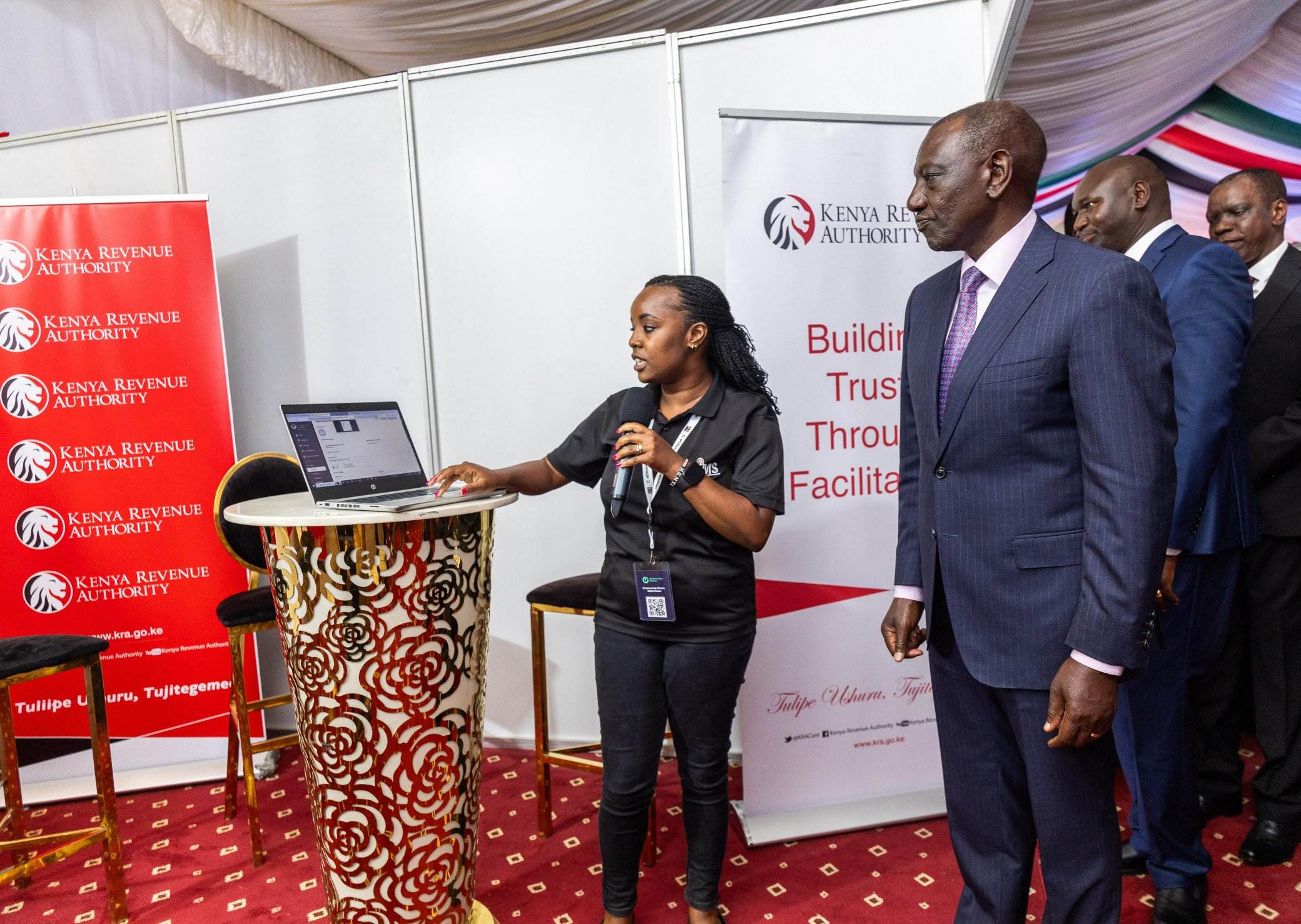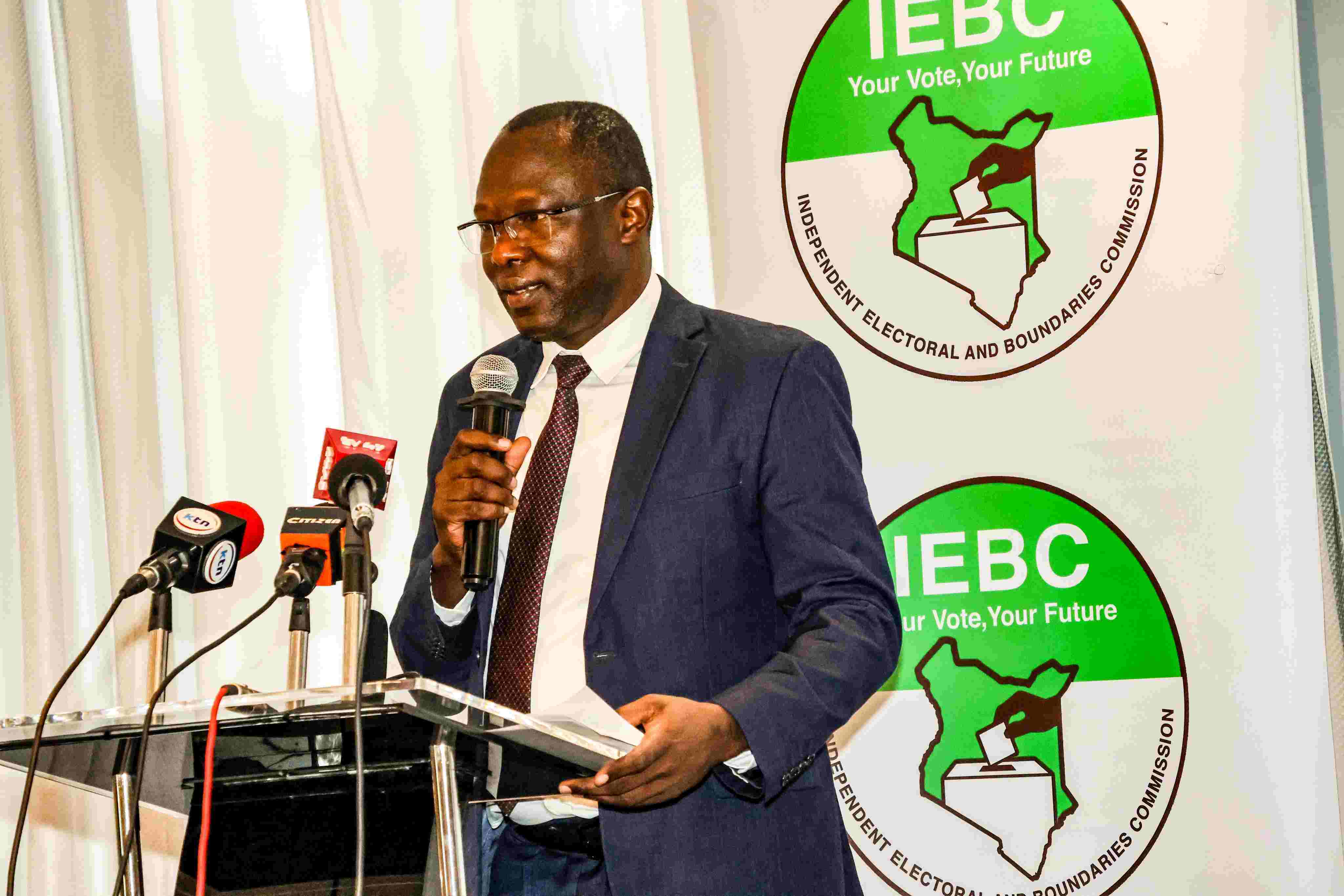Ruto says govt plans to curb AI-driven disinformation to safeguard democracy

The move comes at a time when AI-driven disinformation campaigns are causing widespread concern globally.
The government is introducing measures to regulate the use of Artificial Intelligence (AI) to combat disinformation and safeguard democracy, President William Ruto has said.
Speaking during the launch of the Fifth National Action Plan on Open Government Partnership in Nairobi on Thursday, Ruto said the government is working with international partners to promote responsible and ethical use of emerging technologies, ensuring they meet global digital governance standards.
More To Read
- How Trump–Ruto health deal fills the void left after USAID exit
- UNAIDS hails Kenya–US health framework as major boost for HIV response
- Kenya, US sign Sh208 billion health cooperation deal to transform to strengthen primary care, services
- Google launches Workspace Studio, enabling anyone to build Gemini-powered AI agents
- ChatGPT could soon tap into Apple Health data for personalised wellness insights
- Gulf region paves the way to become digital data hub
He said there is a need to prevent the misuse of AI tools that could harm democratic processes.
“We are also implementing a regulatory regime that forestalls the abuse of new technologies, including artificial intelligence, which leads to disinformation that threatens our democracy. We are working with partners to make the government more open and citizens more informed in our effort to strengthen public participation, improve governance, and boost service delivery,” Ruto said.
The move comes at a time when AI-driven disinformation campaigns are causing widespread concern globally.
President Ruto noted that such campaigns pose significant risks as they can manipulate public opinion, undermine trust in democratic institutions, and potentially influence election outcomes.
The Fifth National Action Plan also aims to further Kenya’s objectives in promoting transparency and accountability.
Among the plans include the establishment of a coordination mechanism for digital transformation that is multi-stakeholder, inclusive, and independent of government control.
There are also plans to develop data governance frameworks and guidelines to ensure safe, secure, and responsible digital transformation.
Additionally, the government is supporting the creation of policies that encourage the safe and ethical use of digital technologies, such as AI, to build public trust.
This includes contributing to the development of the Public Participation Bill, 2023, which focuses on protecting human rights and freedoms online, including freedom of speech, privacy, and protection against internet shutdowns.
Efforts will also be made to enhance channels for meaningful citizen engagement and feedback on digital services, allowing the public to express their concerns and needs.
In 2022, the government launched a 10-year digital master plan aimed at improving citizen access to services through digital technologies.
The initiative includes expanding fibre connectivity, establishing ICT hubs, offering free Wi-Fi, and providing digital skills training. As part of this, the government digitised 12,000 services to increase efficiency and reduce bias.
To keep up with technological advancements, a working group on policy and legislative reforms was formed in September 2023 within the Ministry of Information and the Digital Economy.
The group’s mandate was to create a flexible regulatory environment that promotes innovation while maintaining key safeguards.
The efforts are expected to reduce issues such as bribery through minimised human interaction and the use of digital payments, as well as improve accessibility by shortening the distance to service points.
Top Stories Today












































